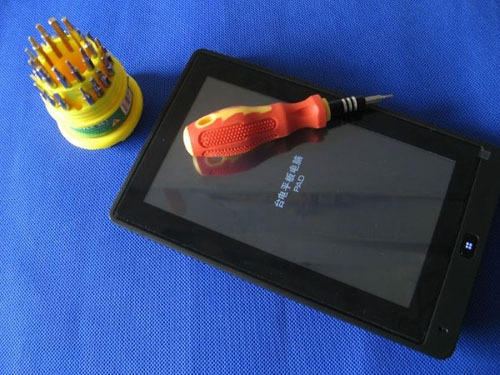Taiwan Semiconductor Manufacturing Co., Ltd. recently helped HiSilicon successfully produce the world's first ARM architecture network chip with 16-nm fin field-effect transistor (FinFET). The equipment factory revealed that this achievement has declared that Taiwan Semiconductor Manufacturing Co., Ltd. has faced 16 nanometers under pressure from Samsung and Intel. Has achieved an overwhelming victory. Air Glow Series Hongkong Onice Limited , https://www.ousibangvape.com
In addition, TSMC also officially declared war on Intel, with the goal of halving Intel's 10-nanometer transistor technology within two years. At that time, Intel will surpass Intel in terms of chip density and metal layer links, which will allow TSMC to become global champion and lay the foundation for global crystal. The foundry cannot be shaken.
This achievement of TSMC was disclosed by the semiconductor equipment factory that attended TSMC's Kaohsiung gas explosion Thanksgiving and Blessing Reception yesterday. After TSMC announced the world’s first 16-nanometer product to complete the tape-out, TSMC’s 16-nanometer FinFET was tapped. The important results.
The equipment makers who declined to be named pointed out that the world’s first 16nm production and full-featured Netcom processor that TSMC successfully produced for HiSilicon was equivalent to the announcement that HiSilicon had the core processor that could provide its own group, Huawei. The chip is a 32-core ARM Cortex-A57 network chip based on the ARMv8 architecture with an operating speed of 2.6 GHz.
Huawei is currently purchasing 22nm process network chips from Intel. The cooperation between TSMC and Hass also represents that China has the status of independently producing high-end network chips, bringing a certain degree of threat to Intel.
At the same time, according to equipment industry sources, TSMC's 16nm FinFET Plus process has also entered the previous trial phase of the try run and is expected to advance to the 4th quarter trial production. The main customers are other than the graphics chip manufacturer NVIDIA and FPGA manufacturer. In addition to Xilinx and mobile phone chip maker Qualcomm, Apple’s new application processors will also be on the list of test shots.
For TSMC, TSMC also used an example to prove to Intel that TSMC's 16nm FinFET process was not as low as Intel's 30% lower chip density than Intel's. TSMC not only surpassed Intel at 20nm, but also has a 16nm FinFET. Lead a lot more.
In addition, in the face of Samsung's previous emphasis on 16nm FinFETs, TSMC was far ahead of TSMC. TSMC took the lead in putting forward a successful case. Samsung's verbal battle was tantamount to hitting Intel and kicking Samsung. TSMC is confident that the 16nm FinFET will be overwhelming. victory.
Compared to TSMC's 28nm high-performance mobile computing (28HPM) process, the wafer gate density for the 16nm FinFET process is doubled, the speed is increased by more than 40% at the same power consumption, or the power consumption is reduced by more than 60 at the same speed. %.
TSMC's 16nm FinFET process completed all reliability tests as early as November last year. It has excellent yield performance, and it is now in trial production stage, laying a good foundation for TSMC and its customers' product design, trial production activities, and early sample delivery.
Semiconductors stressed that the strength of semiconductors for evaluating semiconductors is to look at transistor performance, chip metal layer connections, and gate density. After the two TSMCs have surpassed Intel, TSMC will officially leapfrog once TSMC's transistor performance ties with Intel within two years. Global semiconductor’s new dominance has created a new historical position for Taiwan.